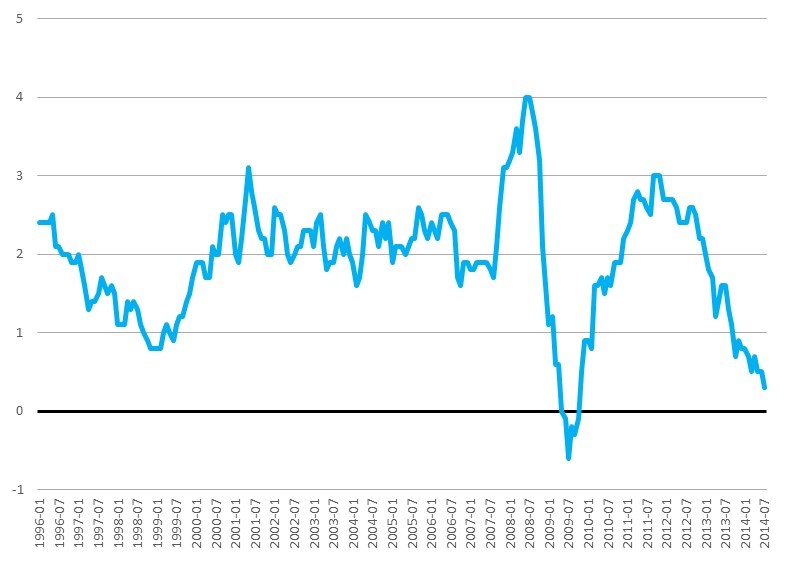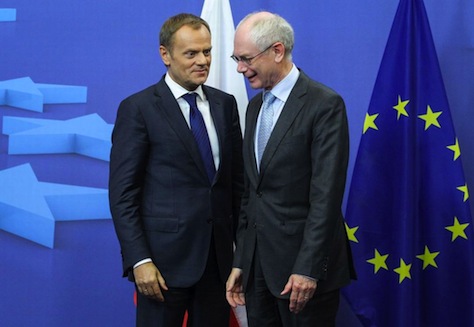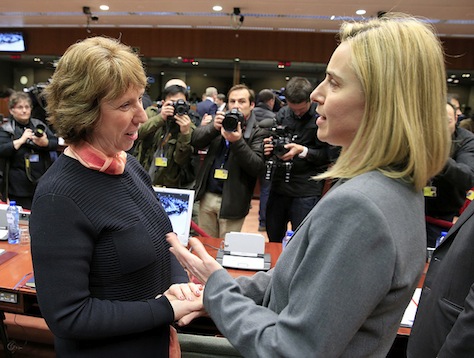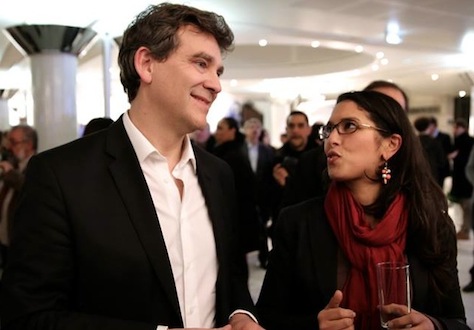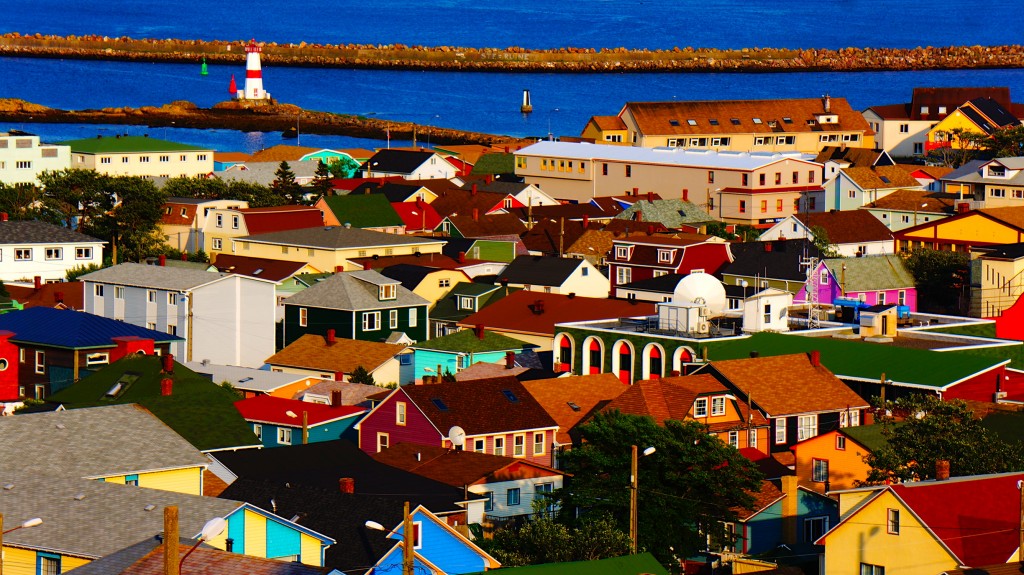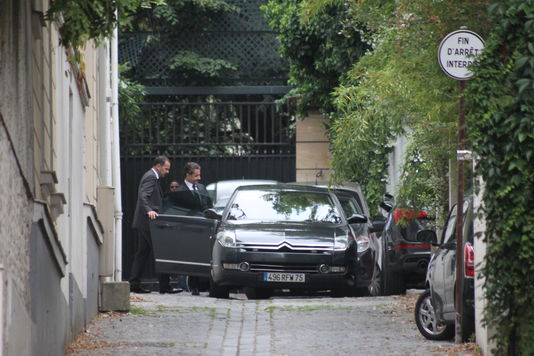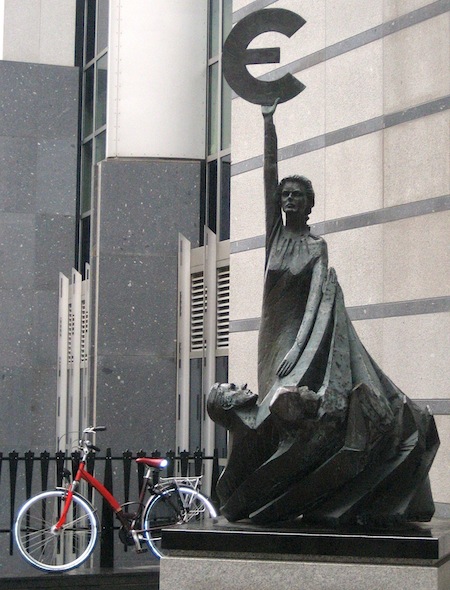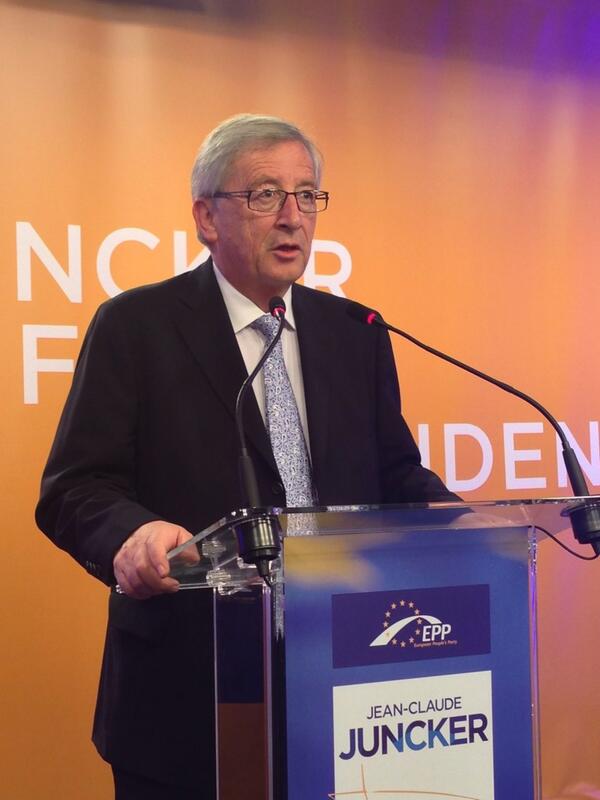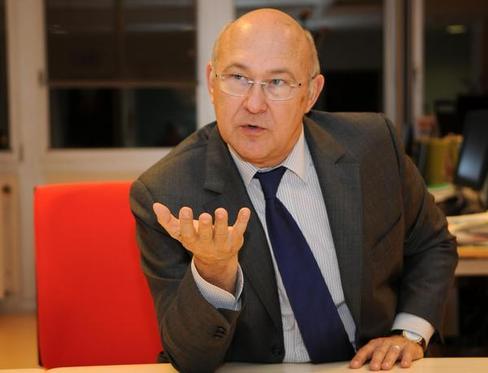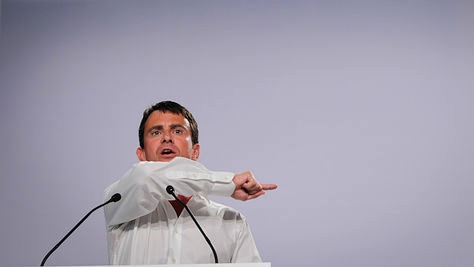
One day after French prime minister Manuel Valls resigned, forcing French president François Hollande to invite Valls to form a new government, it’s not clear that the new cabinet is going to quell a growing revolt on Hollande’s left flank.
Valls, less than five months into his tenure, took the dramatic step Monday after weekend comments from former economy minister Arnaud Montebourg criticizing his own government’s austerity measures that have aimed to reduced French debt and cut payroll taxes, in part, through spending cuts.
* * * * *
RELATED: Who is Manuel Valls? Meet France’s new prime minister
RELATED: Valls-Montebourg fissure could bring early French elections
* * * * *
Montebourg, along with allies like education minister Benôit Hamon, a rising star of the French left, and culture minister Aurélie Filippetti, were banished from the second Valls government, replaced by relatively minor figures deemed more loyal to Valls and Hollande.
Though everyone else in the government remained in government, from foreign minister Laurent Fabius to finance minister Michael Sapin to ecology and energy minister Ségolène Royal, Montebourg was replaced by the Hollande loyalist Emmanuel Macron, a 36-year-old ex-banker and graduate of France’s elite-producing school, the École nationale d’administration.
Macron’s appointment sends a message about the orthodox program of the next government, and it wasn’t particularly subtle. Le Monde called him the ‘liberal sauce’ of the government, and Le Figaro called him the ‘anti-Montebourg.’
After his graduation from ENA, Macron (pictured above) worked as a finance official in the French government for four years, then worked for four years for Rothschild in the private sector. When Hollande was elected, he became one of the new president’s top Elysée aides as deputy secretary general of the presidency, where he once exclaimed that Hollande’s push to institute a 75% income tax rate for millionaires made France equivalent to ‘Cuba, but without the sun.’
The Valls-Sapin-Macron axis in the new French government will assure the French business and investor class that Hollande is serious about a proposed €40 billion payroll tax cut and continued devotion to budget discipline, to the growing outrage of the French left.
The best thing the left wing of Hollande’s Parti socialiste (PS, Socialist Party) can say about the new cabinet is that Valls, at least, retained Christiane Taubira, a legislator from French Guiana who has served as minister of justice from the outset of the Hollande presidency, who pushed through perhaps the Hollande administration’s crowning social policy achievement in legalizing same-sex marriage last year, and who has often clashed brutally, if privately, with Valls, both as prime minister and when he previously served as interior minister, on economic policy as well as on her proposed prison reforms that would relax criminal penalties and eliminate mandatory sentencing for convicts.
There were other choices. Hollande and Valls might have convinced Martine Aubry, the runner-up to Hollande in the 2011 presidential contest and the author, as minister of social affairs in 2000, of the 35-hour workweek. After Montebourg, who routinely lambasted German chancellor Angela Merkel’s fiscal policy, told Indian steelmaker Lakshmi Mittal he wasn’t welcome to invest in France and who picked a fight with American tire producer Morry Taylor, Aubry’s presence in the cabinet might have been a win-win situation — replacing the mercurial Montebourg with a pillar of the French left.
Instead, Macron’s elevation is sure to accentuate the growing rift between the centrist and leftist wings of the Socialist Party, which could cause the government to fall later this year over the 2015 budget. That, in turn, could cause snap elections that the Socialists might lose altogether, ushering in another era of cohabitation, or divided government, with Hollande’s approval rating hovering between 17% and 20%.
At the very least, the events of the last 48 hours potentially places Hollande in a difficult position — if Montebourg and the leftist rebels are strong enough, they can force Hollande and Valls either to accept their demands for a more growth-oriented budget this autumn or face a no-confidence vote.
Amid high unemployment and a growth rate of just 0.1% in the last quarter, Hollande has struggled to implement policies to jumpstart GDP growth and economic activity. That’s left him open to criticism on the right and the left, including Montebourg, who on Saturday castigated Hollande’s administration for being held captive to Berlin — the last straw among the increasingly strident critiques from within his own government.
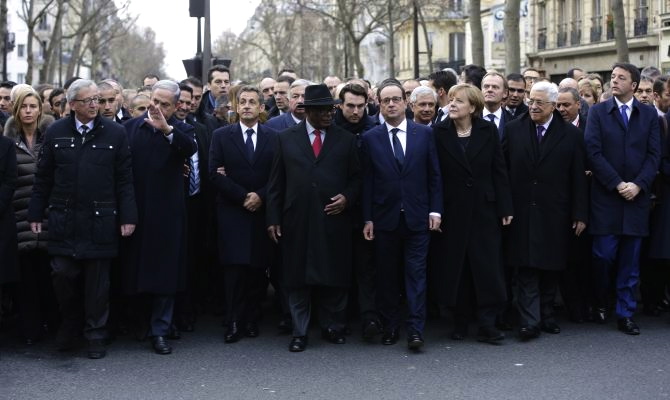 Photo credit to Philippe Wojazer/Reuters.
Photo credit to Philippe Wojazer/Reuters.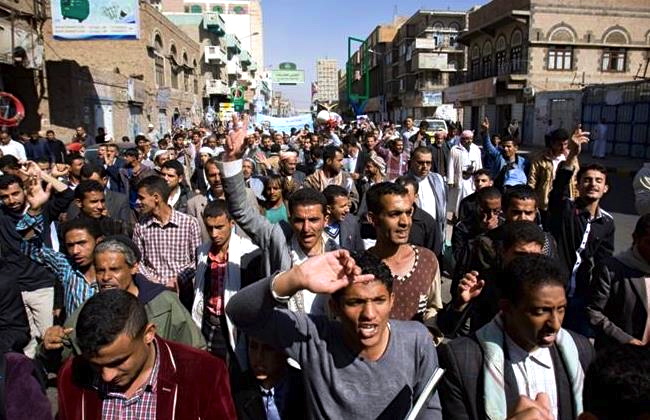 Photo credit to Hani Mohammed/AP.
Photo credit to Hani Mohammed/AP.![]()
![]()
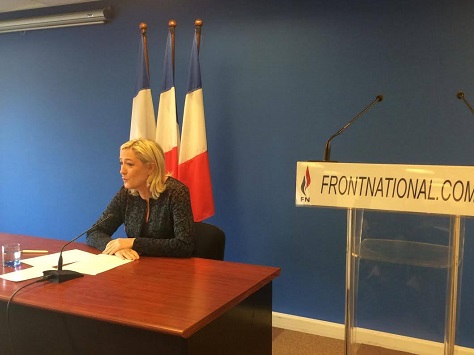
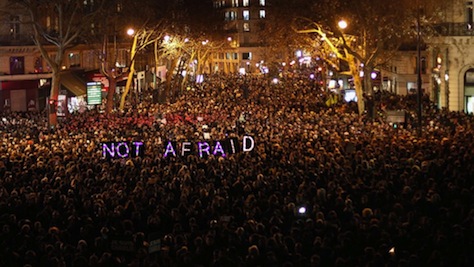
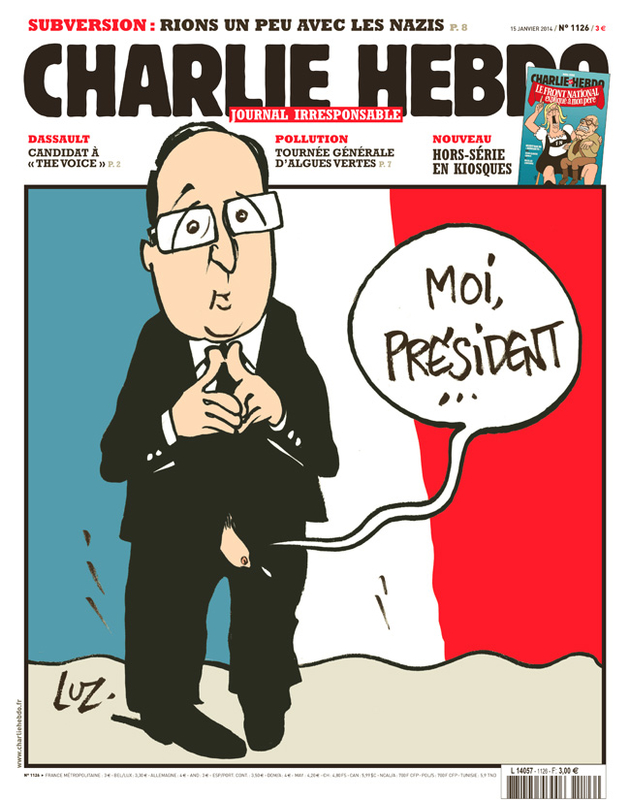
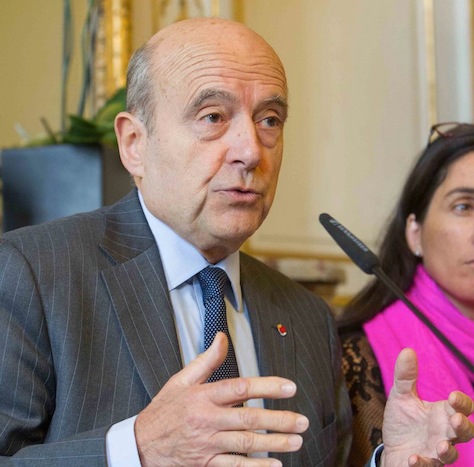
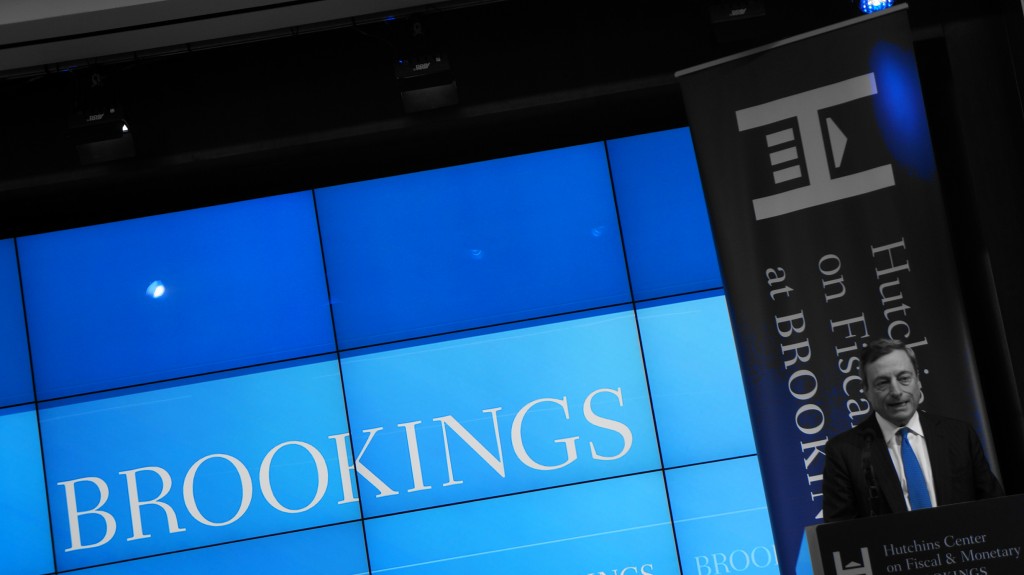
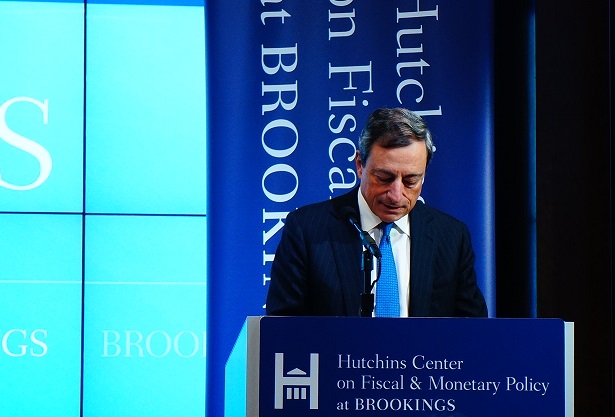 Draghi stressed that he understands the biggest risk to European Union’s economic recovery is deflation. He noted that the ECB is transitioning from a more passive approach to a much
Draghi stressed that he understands the biggest risk to European Union’s economic recovery is deflation. He noted that the ECB is transitioning from a more passive approach to a much 